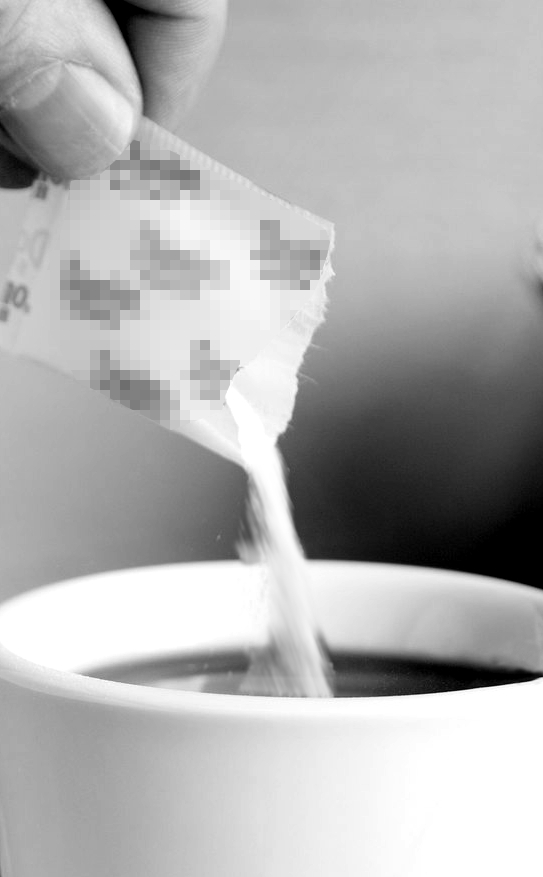Aspartame issues updated
 Controversy about the cancer risk of the common sweetener aspartame has been revived.
Controversy about the cancer risk of the common sweetener aspartame has been revived.
New assessments by two World Health Organization (WHO) bodies have reignited the debate over the potential cancer risk of the popular sweetener aspartame, commonly found in diet fizzy drinks.
The International Agency for Research on Cancer (IARC) has classified aspartame as “possibly carcinogenic to humans”, citing “limited evidence” of its carcinogenicity in humans.
Meanwhile, the Joint Expert Committee on Food Additives (JECFA) has reaffirmed the acceptable daily intake of aspartame, stating that it poses no major safety concerns at commonly used doses.
Aspartame, an artificial sweetener introduced in the 1980s, is widely used in various food and beverage products, including diet drinks, chewing gum, ice cream, yoghurt, breakfast cereal, toothpaste, and medications.
The IARC's classification is based on limited evidence of liver cancer in humans, as well as limited evidence in experimental animals and potential mechanisms for causing cancer.
Dr Francesco Branca, Director of the Department of Nutrition and Food Safety at WHO, says there remains a need for further research to fully understand the potential effects of aspartame.
“While safety is not a major concern at commonly used doses, potential effects have been described that need to be investigated by more and better studies,” she said.
The IARC's hazard identification places aspartame in Group 2B, indicating limited evidence for cancer in humans and experimental animals.
However, it is important to note that this classification does not reflect the actual risk of developing cancer at typical exposure levels.
On the other hand, JECFA concluded that there is no sufficient reason to change the previously established acceptable daily intake of aspartame, which is set at 40 mg/kg body weight. This means that a 70kg adult would need to consume more than 9–14 cans of diet soft drink per day to exceed the recommended limit.
Experts have expressed varying opinions on the issue.
Dr Ian Musgrave, Senior Lecturer in Pharmacology at the University of Adelaide, has highlighted the weak evidence of any human risk.
“The evidence of any human risk is very weak indeed, and if you are not going to worry about your risk from a hot cuppa then the aspartame you put in it is even less of a worry,” he said.
Professor Oliver Jones from RMIT University notes the IARC's classification based on hazard rather than risk.
“There are two terms we need to understand here. The first is ‘hazard’ which just means a possible harm (even if that harm would be very unlikely to occur), and ‘risk’ which is the likelihood of the harm occurring,” he said.
“Think of it like driving a car. There is definitely a hazard; cars crash, and people get injured, and even die, but the risk of that happening when you drive to the shops or take the kids to school is fairly low, most of us don’t think about it - even though the risk is not zero.
“Now, the IARC only looks at hazard, which in this case means they just looked to see if there was any evidence that aspartame might be linked to cancer.
“They do not make an assessment of how likely the hazard is to occur.”
Dr Alexandra Jones from The George Institute for Global Health pointed out the increasing use of sweeteners in the food industry and the importance of long-term studies on their health effects.
“For current consumers of diet drinks, this news isn’t cause for major alarm,” she said.
“As governments and consumers have looked to reduce sugar intake, we’re seeing an increase in sweetener use across the food supply – not just in drinks.
“It's important that we continue to study the long-term effects of this on a range of health outcomes.
“Given other recent guidance from the World Health Organization that non-sugar sweeteners should not be used as a means of achieving weight control or reducing the risk of heart disease or diabetes, it might still be wise to think about the overall benefits to health (and your wallet) from trading a soft drink habit of any kind for healthier alternatives such as tap water.”








 Print
Print